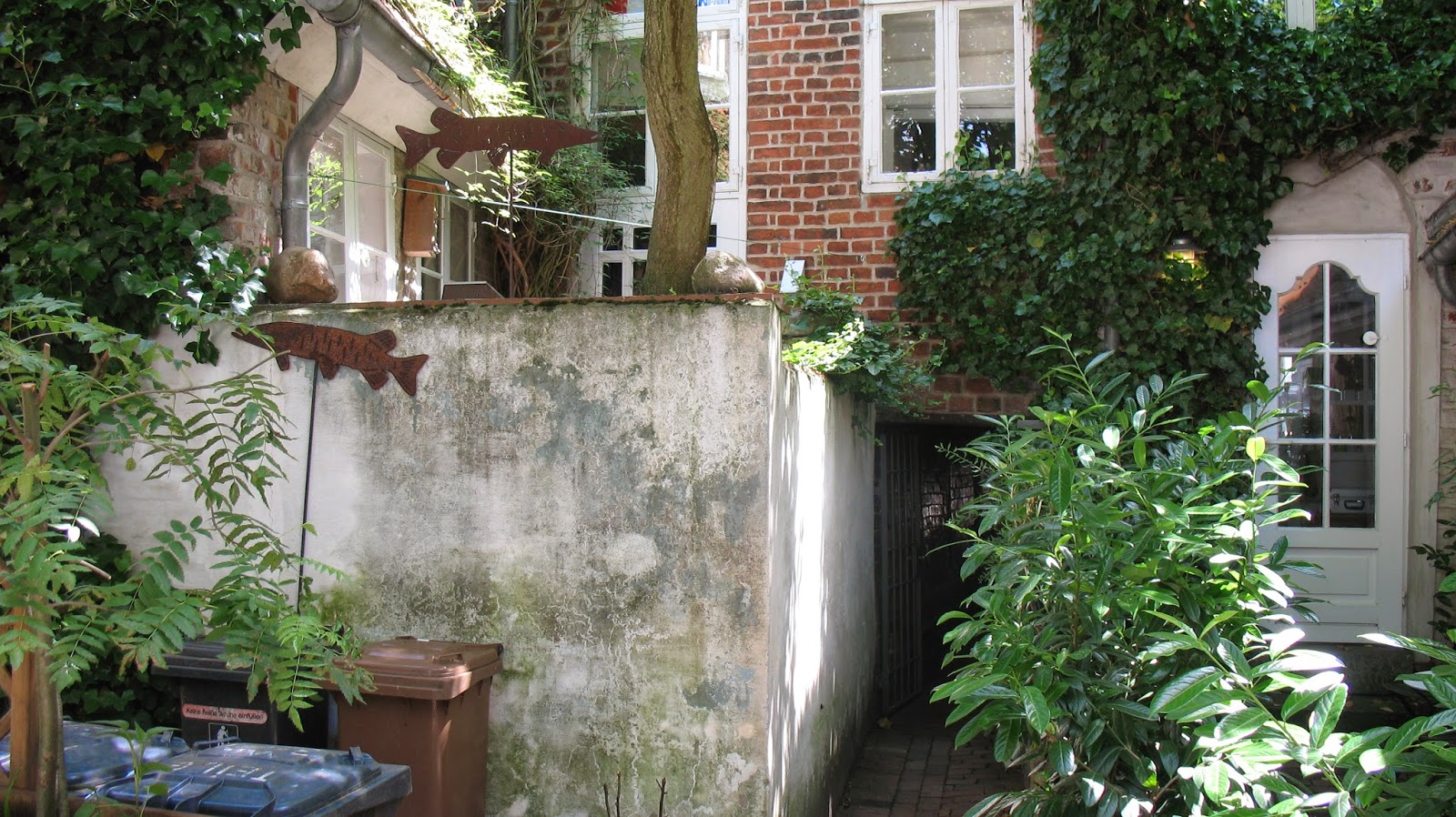Weißkunig (White King)
or
Anything you can do, I can
do better
by Kaiser Max*.
 |
| The cover of my facsimile edition |
I read somewhere that social media
sites like Facebook are showcases for people's carefully curated
public images.
Kaiser Max had that covered 500 years
ago, namely in his illustrated 'autobiography' called Weißkunig. Several prominent artists worked on the woodcuts, including Hans Burgkmair the Elder and Leonhard Beck.
Apparently Maximilian didn't write it himself, but rather dictated it to his
secretary, Marx Treitzsaurwein.
 |
| Kaiser Max dictating to his secretary, Marx Treitzsaurwein |
(Yikes, I hope the secretary had a good chiropractor on speed dial.)
I'm sure Maximilian had his share of personal
problems, but low self esteem was not among them. Some of the details in this book are SO over the top as to be
truly laughable. For example, the woodcut which shows baby Max
astonishing everyone by standing up in the tub during his first bath,
the day after he was born***. Did anyone really buy that??
Some more choice examples: a comet
was visible at the time Max was born, which signified the
wonderful reign and achievements he was destined for. His birth was
also supposedly quick and painless. Suppose we ask Empress Eleanor
about that?
When the time came for little Max to
begin his education, “he put to [his teachers] questions they were
not able to answer,” and soon became “so full of knowledge, and
humility, and all fine qualities.” He learned the seven liberal
arts in a very short amount of time, “and in them became
unsurpassably learned, understanding more than was set forth in
books, at which all learned men were, beyond measure, astonished.”**
He also learned to paint
and how to work with wood and metal
and all about musical instruments
And hunting
And jousting
And fighting on foot
And what do you know? He was the best
at everything.
Believe it or not, there were a few
things he couldn't do. When he went to Flanders in 1477 to marry Mary
of Burgundy, he couldn't speak French or Flemish, and she couldn't
speak German. But a few minutes spent gesturing to each other on a
park bench solved all of that. ;-)
Weißkunig wasn't Maximilian's only autobiographical work. He also wrote/dictated a romanticized version of his journey to Flanders called Theuerdank, and a book about tournaments and mummeries called Freydal. Only Theuerdank was published during his lifetime.
**Translations taken from “The High
and Puissant Princess Marguerite of Austria” by Christopher Hare
(1907)
***Actually, that woodcut, by Albrecht Altdorfer, is from a different book entirely: Historia Friderici et Maximiliani. My bad.
***Actually, that woodcut, by Albrecht Altdorfer, is from a different book entirely: Historia Friderici et Maximiliani. My bad.


.jpg)






















.jpg)



















